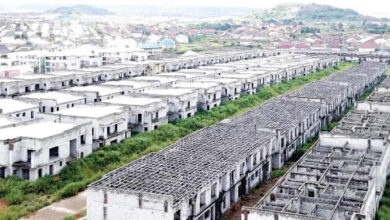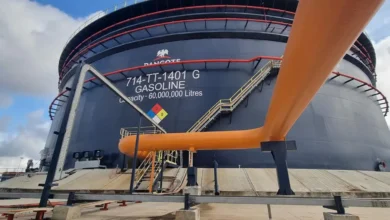Why Fuel Prices Remain High Despite Crude Drop – Refiners

The Crude Oil Refinery Owners Association of Nigeria (CORAN) has shed light on why Nigerians are not seeing a reduction in the price of Premium Motor Spirit (PMS), despite a sharp decline in global crude oil prices.

CORAN attributes the high local fuel prices to several factors, including the suspension of Naira-for-crude arrangements, profiteering by intermediaries, and rising foreign exchange rates.
Speaking on the issue, CORAN spokesperson Eche Idoko stated that these challenges continue to influence the cost of petrol in the country, despite the recent global price slump.
ALSO READ: Approve treatment within one hour – NHIA orders HMOs
Over the weekend, crude oil prices plunged significantly, with Brent dropping to around $64 per barrel and WTI to $59.7. The fall has been linked to the economic fallout from U.S. President Trump’s tariff policies and an unexpected supply cut by OPEC+.
Nevertheless, fuel prices in Nigeria have continued to climb despite the decline in global crude oil prices.
The price will continue to rise because these middlemen are the elements that want to see that local refining is not sustained, Idoko said.
You have the FX effects, the logistics of shipping in refined petroleum products, and then the effect of the middlemen. All these contribute to the high costs of petroleum products in Nigeria.
Last week, leading fuel marketers such as MRS (a Dangote Refinery partner), the Nigerian National Petroleum Company Limited (NNPCL), and others raised their petrol pump prices.
At present, petrol is being sold for between N900 and N975 per litre, depending on the location.
This price increase came in the wake of the Dangote Refinery’s decision on March 19, 2025, to halt petrol sales in Naira. The move followed a breakdown in the Naira-for-crude agreement between the refinery and the Nigerian government, facilitated by the NNPCL.




